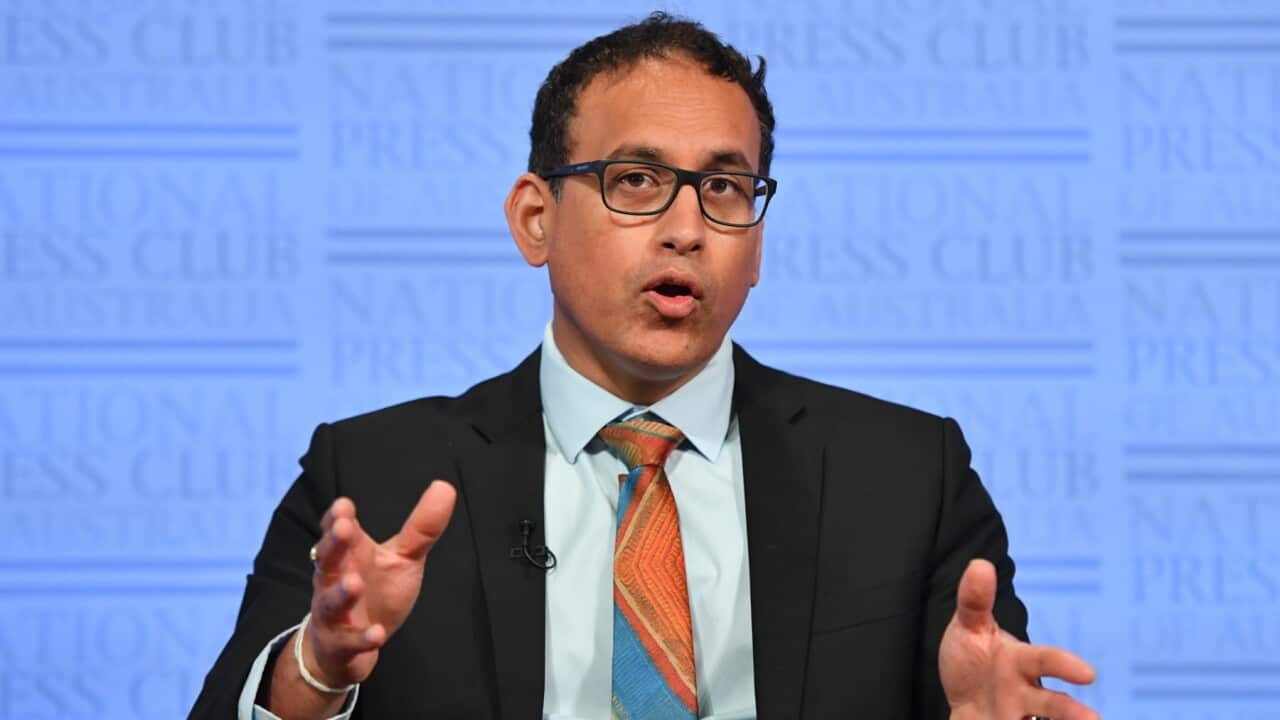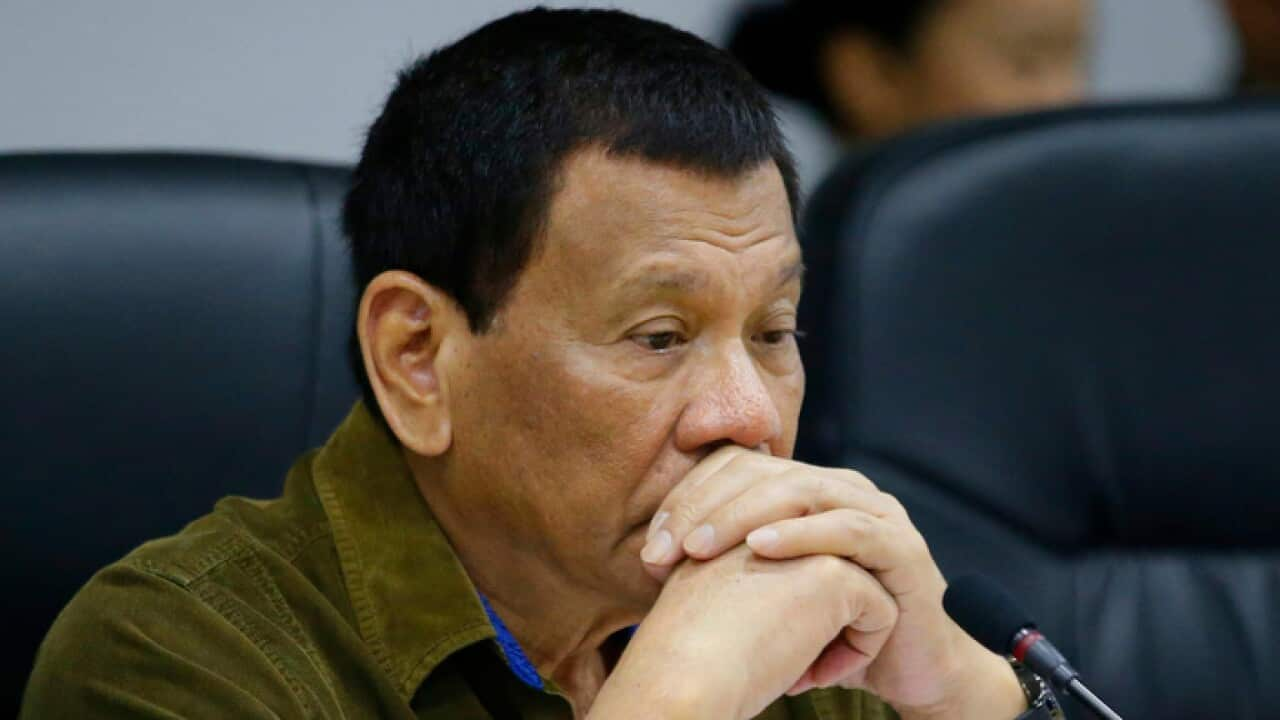Highlights
- Vaccines must be shared with developing countries to ensure more dangerous variants don't emerge
- Better studies in larger numbers are needed on the effectiveness of vaccines
- South Africa suspended its rollout of the AstraZeneca vaccine after some data showed it gave reduced protection against mild to moderate illness caused by the country's new strain of the virus
Infectious diseases physician Sanjaya Senanayake says while about 70 countries have begun vaccination programs, at current rates global vaccine coverage of 75 per cent won't be reached for about six years.
"And if we continue this global vaccine rollout, while in other parts of the world infection continues unchecked, then we will see more sinister strains emerge which might have further impacts on vaccine efficacy. Therefore, if you are a believer in vaccine nationalism, wanting the best impact of vaccination in your own country, you also have to embrace vaccine altruism and ensure that vaccines are delivered in sufficient number and in a timely manner to the developing world."




